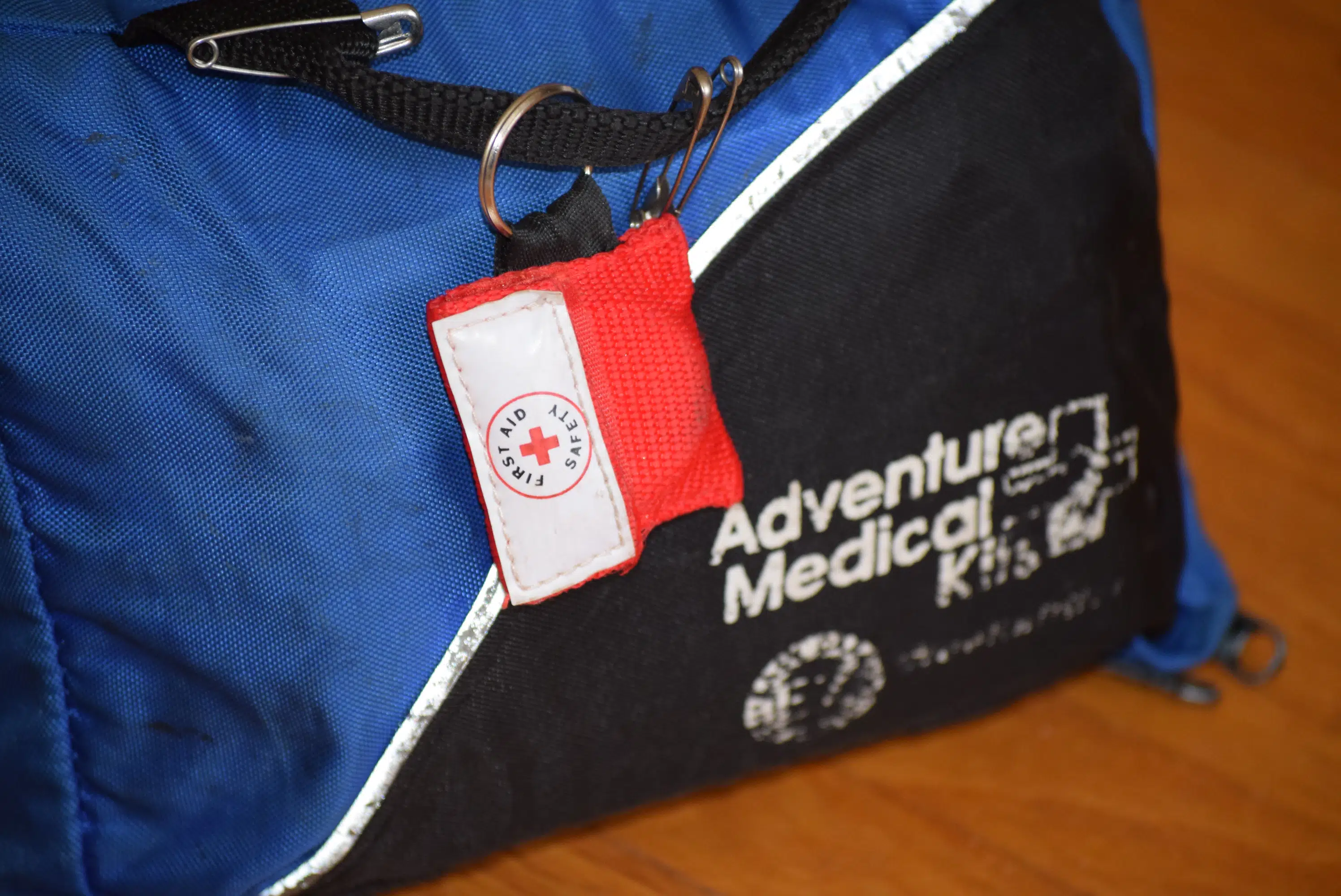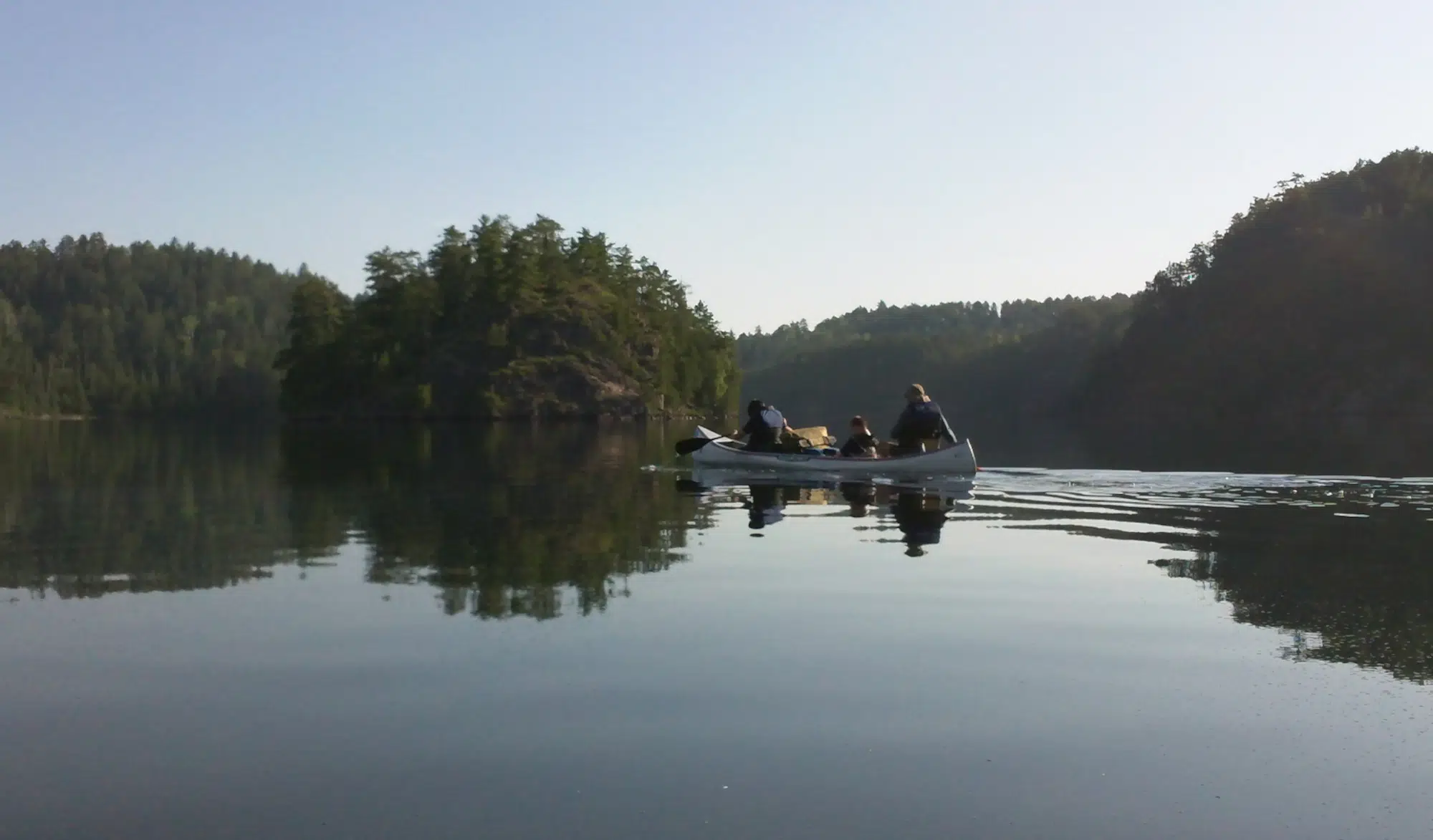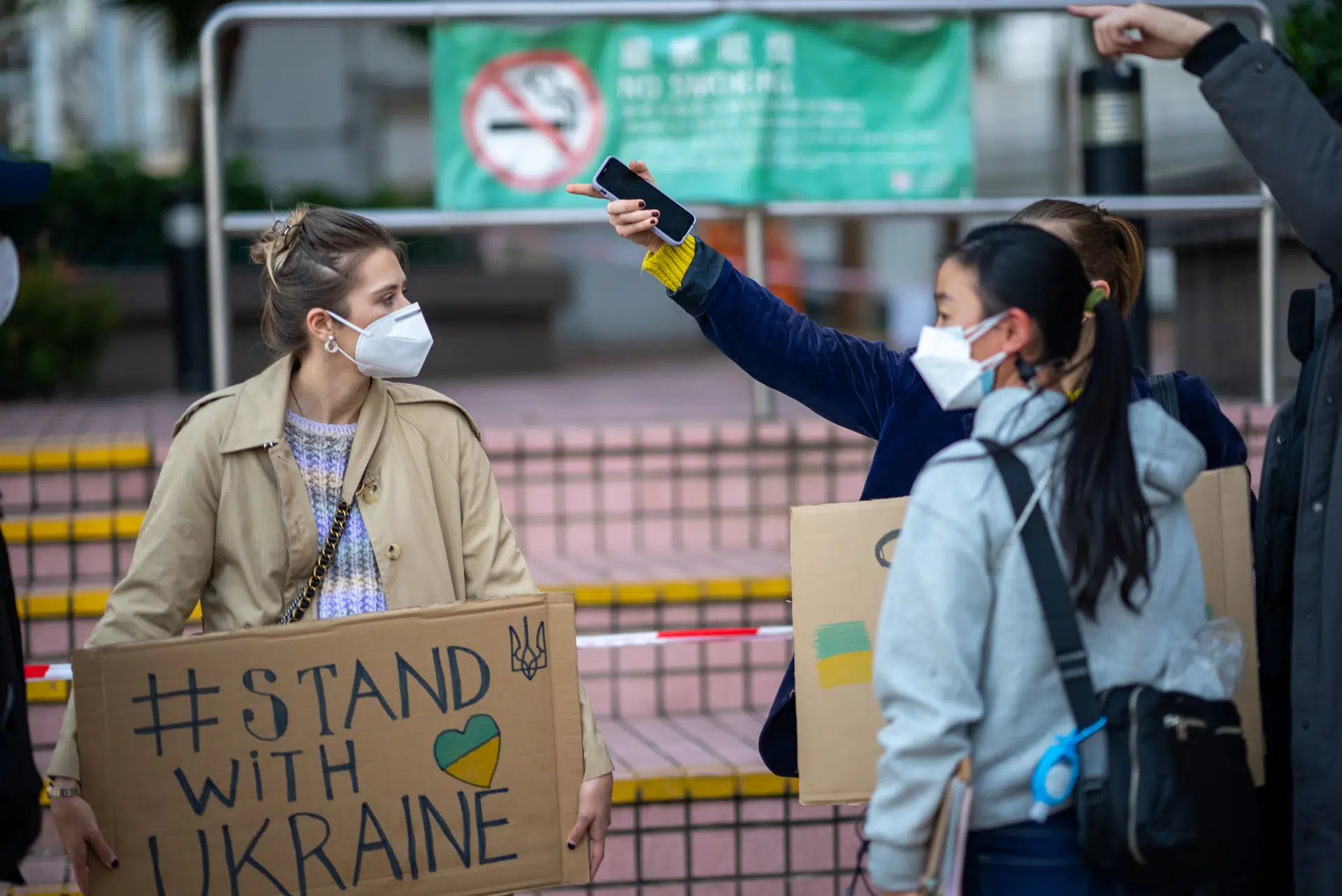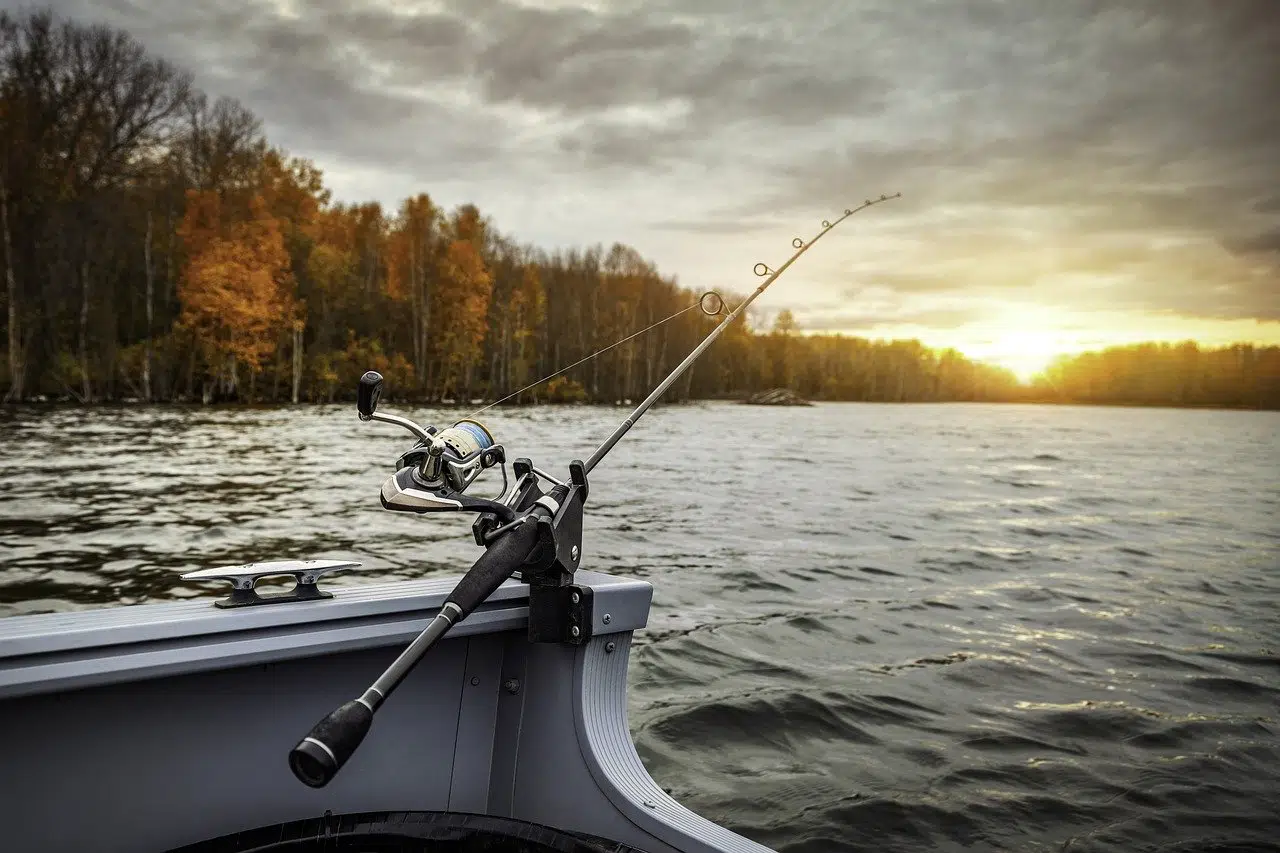There are many prepacked first aid kits that you can pick up at the grocery, big box stores, or pharmacies. Those can be a great place to start, but they are unlikely to fulfill the basics of what you should have in your wilderness first aid kit. Some of the items you carry are specific to the length of time in the backcountry and your activity. Here I will detail what I carry in my simple wilderness first aid kit and what I bring on an overnight or extended trip, including the boundary waters. Lastly, I will note some optional items that may be worth considering.
The Basic Day Trip First Aid Kit
The following items are the baseline of what I will carry in any first aid kit.
- Gloves
- Hand Sanitizer
- One way breathing valve barrier (CPR)
- Band-Aids (Different kinds and sizes, including butterfly)
- Alcohol/ Iodine wipes
- Gauze (Different sizes plus a roll)
- Tape
- Ace Wrap
- Triple antibiotic ointment
- Hydrocortisone
- Triangle Bandage (Or Bandana)
- Tweezers
- Emergency Blanket
- Aspirin
- Ibuprofen
- Benedryl (Doubles as a sleep aid if you bring enough)
- Tampons (regardless of gender on the trip, these are great for packing wounds and are very absorbent)
The Overnight/Extended Trip Kit
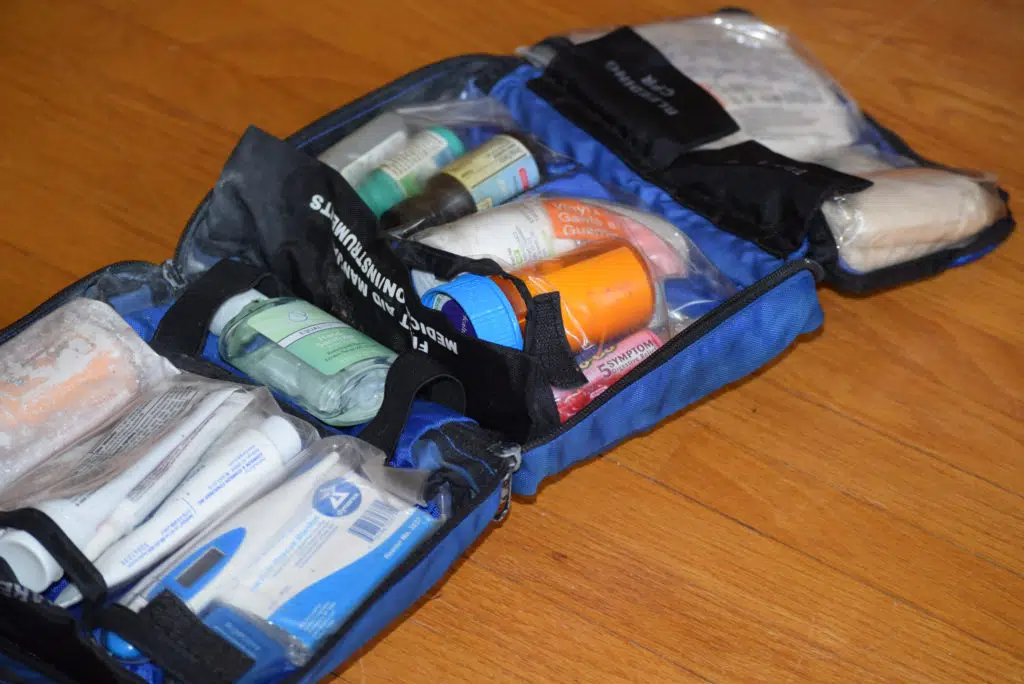
These are items that I add to my basic first aid kit. I actually have a bigger bag for this one, I also keep it in a dry sack to avoid ruining the supplies.
- Thermometer
- A and D ointment (Good for skin irritation)
- Aloe Vera (for sunburn)
- Gold Bond
- Gas-X
- Anti-Acid such as Tums (At this point you probably figure I’ve been with folks where camp food doesn’t agree)
- Anti-Diarrheal (This one can be a lifesaver)
- Stool Softener
- Scissors
- Nail Clippers
- Eye Drops (Lubrication, Anti-Allergy)
- Small First Aid Field Manual
- Small Pencil
- Small Note Pad
- Lighter (get a BIC and skip the matches)
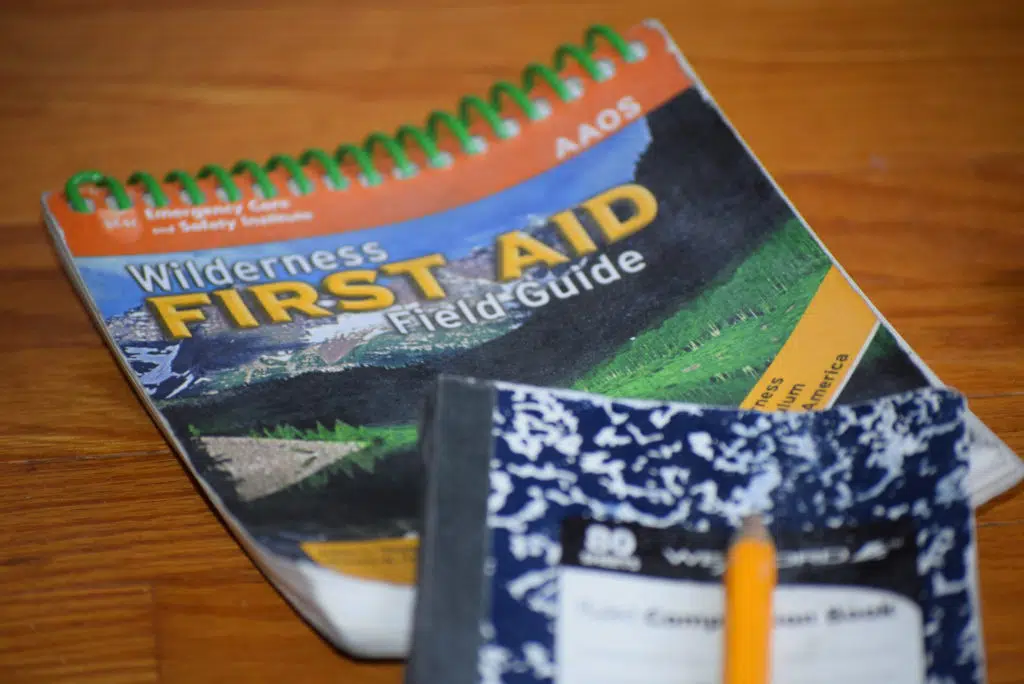
Optional Items to Consider For Your Adventure
- Sam Splint – With Longer trips, more people, or treacherous terrain this can make a lot of sense. Splint improvisation is also standard practice, however, this takes out a lot of discomfort for the person who needs the splint.
- Quick Clot Gauze – When on chainsaw jobs we kept a few of these in the kit. Be mindful of these though they are not comfortable and if the wound can be stabilized without that is typically the recommendation. However, if bleeding is not stopping without pressure and there is no front country help anywhere close this can make a difference.
- Inhaler – If you have someone with you who is asthmatic this can literally be a lifesaver.
- Epi-Pen – With people who have severe allergies they will usually have one of their own, it’s good to know how to use it. (Don’t stab yourself in the thumb)
- Instant Cold Packs – These take up a lot of space and weigh a lot once used, but they can bring a lot of relief to the person using them.
- Blunt Syringe – This is good for irrigating wounds. Be sure to use clean water and don’t force water into the wound which can have the opposite effect.
- Tourniquet – these are easily improvised, but be sure you know what you’re doing. Used correctly you can save a life AND a limb, new research has shown that using them correctly can safer than previously thought. Used incorrectly may cause permanent damage.
- Pill Bottle – There are a number of medications I listed above and alone they can be a mess and take up a lot of space. The pro tip here is to put a bunch of them together in a bottle AND give yourself a label cheat sheet so you don’t confuse which medication is which.
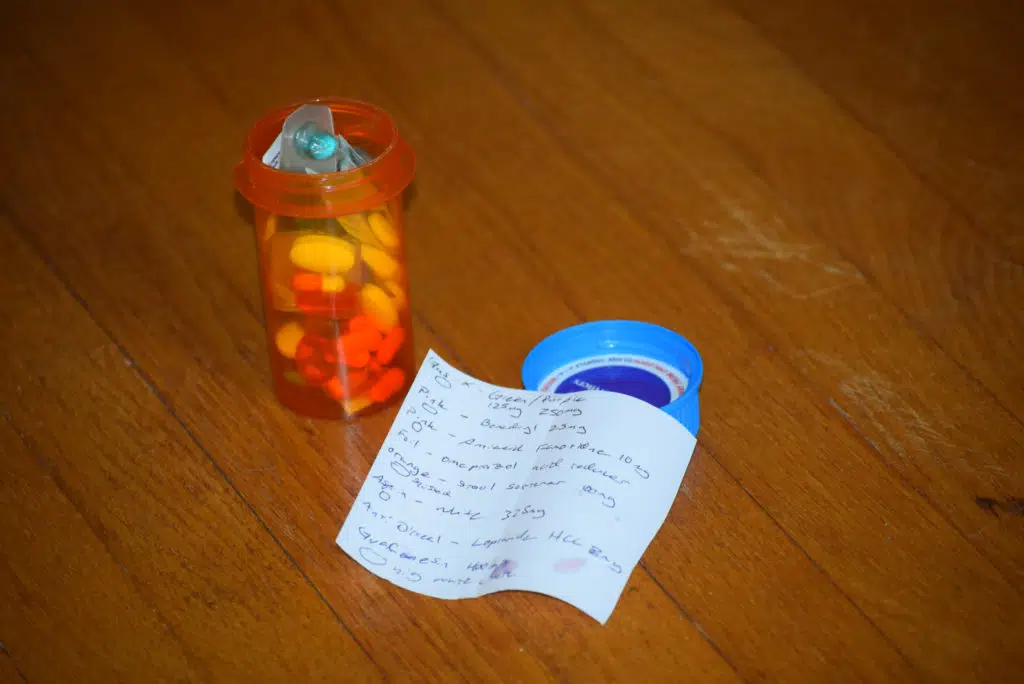
Final Thoughts on Wilderness First Aid Kits
Having all of these things are great, but they are no good if you don’t know how and when to use them. Getting training on wilderness first aid is one of the most helpful things you can do for yourself if you’re an outdoor enthusiast. Ideally, I would recommend getting wilderness first responder training. My confidence in the backcountry increased substantially after gaining some solid training. Double-check your first aid kit every time before you go out and particularly if you’re going to the BWCA get a dry sack for it, you’ll thank yourself.
Related Outdoor Skill and Camping Articles
- How to Pick a Chainsaw – Guiding Questions
- Boundary Waters Planning – When should I go?
- How-To Guide: Make your own Mittens

